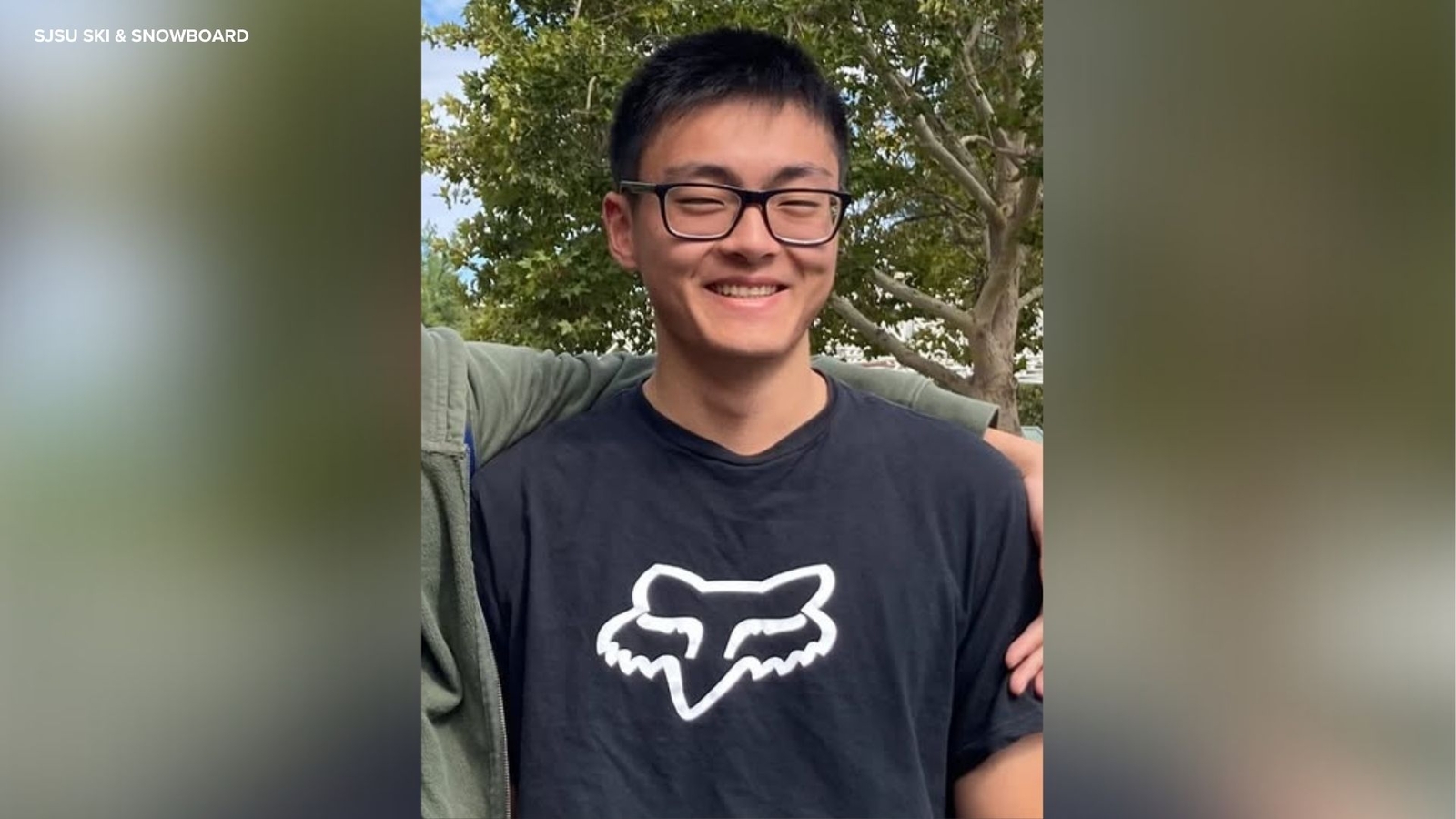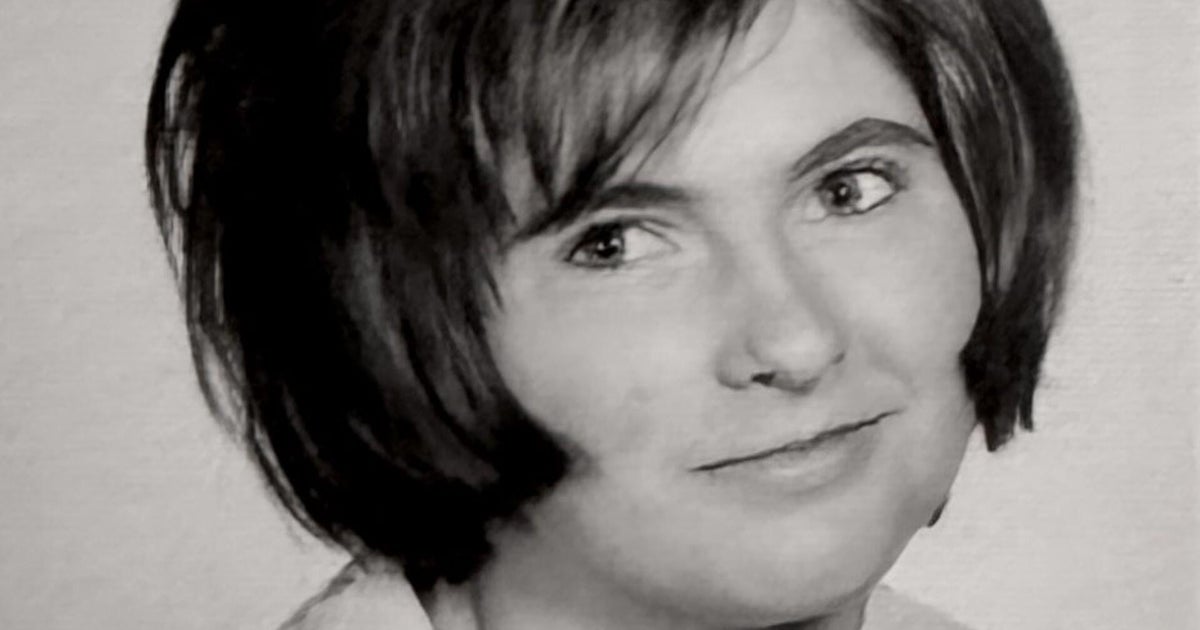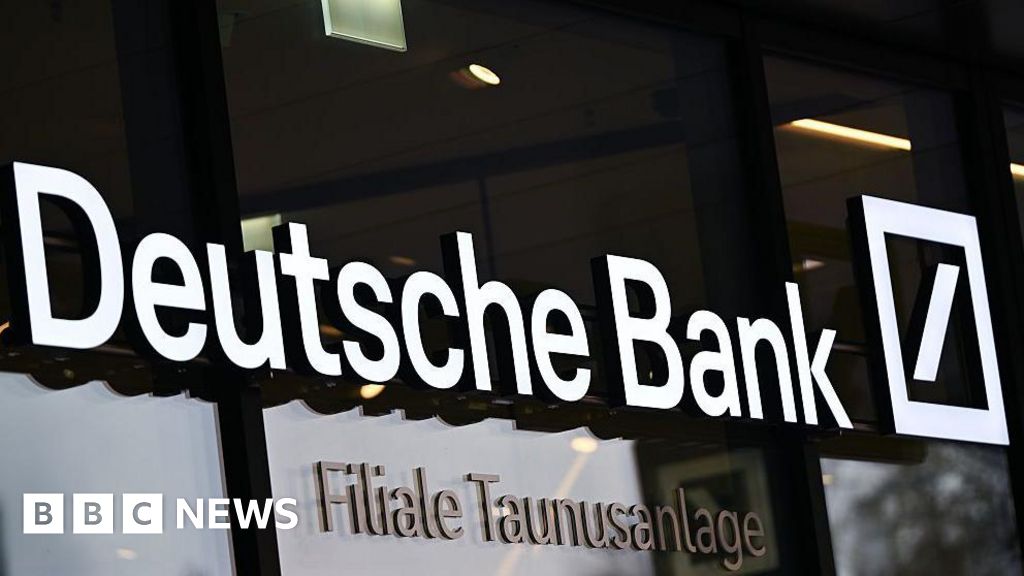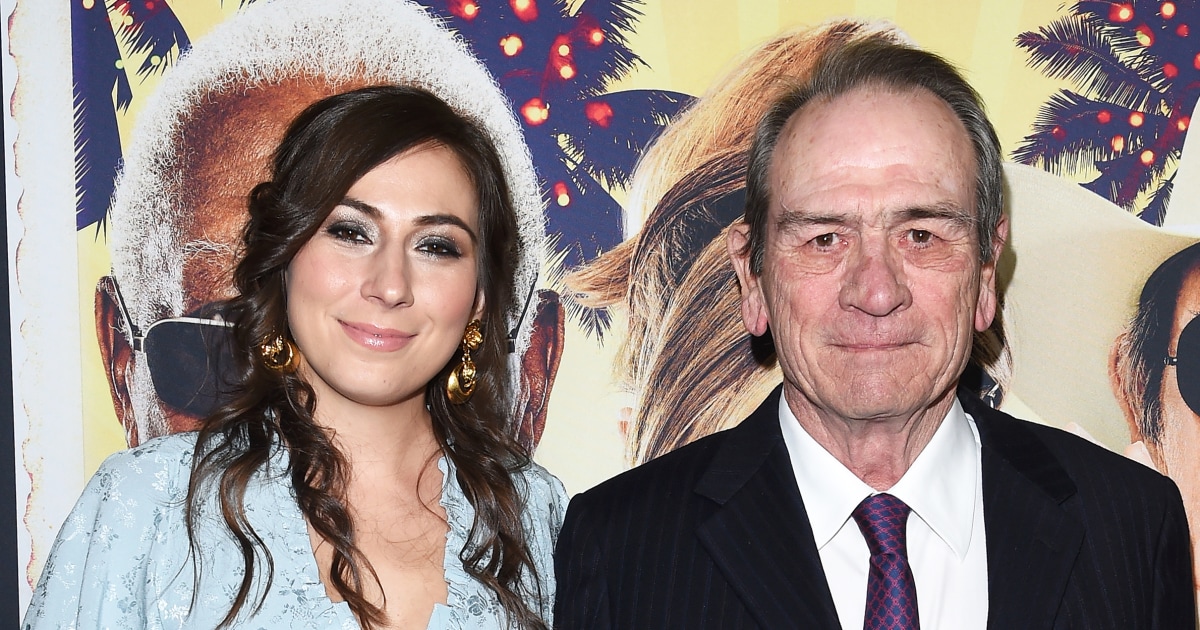Tragedy Strikes at Israeli Embassy in Washington D.C.
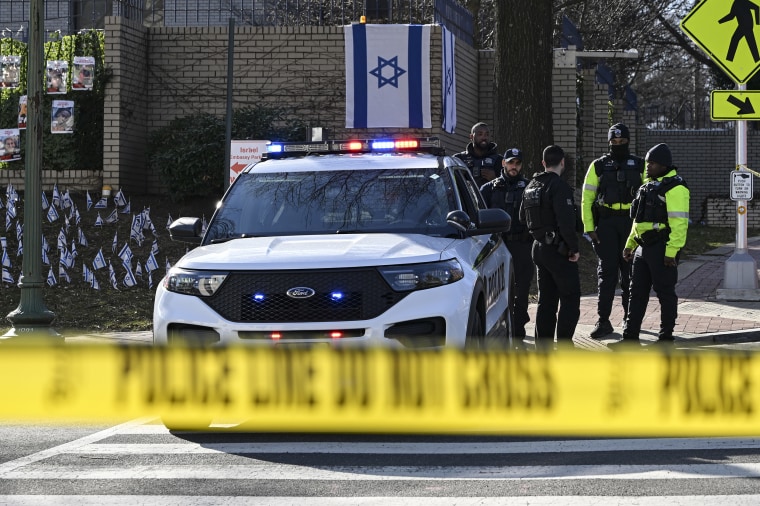
About the People Mentioned
FBI
The Federal Bureau of Investigation (FBI) is a federal law enforcement agency within the United States Department of Justice. It was originally established on July 26, 1908, as the Bureau of Investigation to address growing complexities in crime, such as land fraud and corporate malfeasance, during the presidency of Theodore Roosevelt[4][5]. Initially, the Bureau had a small team of specialized agents, drawing from their experience within the Department of Justice[4]. Over the years, the FBI has expanded its roles and responsibilities significantly. It was renamed the United States Bureau of Investigation in 1932 and officially became the Federal Bureau of Investigation in 1935[7]. Notable roles include enforcing federal laws, investigating white-collar crimes, handling national security issues, and combating terrorism[1][7]. Key achievements include the establishment of the National Crime Information Center in 1967, which coordinates and assists local, state, and federal law enforcement[7]. The FBI has played a crucial part in addressing societal changes and legal developments. For instance, the passage of the Civil Rights Act in 1964 expanded the FBI's investigative jurisdiction into areas like racial discrimination[7]. In recent years, the FBI has focused on combating cybercrime and terrorism, particularly following significant attacks like those against the World Trade Center in 1993[7]. Recent events have highlighted the FBI's ongoing efforts to adapt to emerging threats, including cybersecurity and international terrorism. Today, the FBI remains a central authority in U.S. law enforcement, working to protect the nation from domestic and foreign threats while ensuring the constitutional rights of citizens are respected. Its operations are guided by strict guidelines to prevent abuses of power, reflecting its evolution from its early days as a small investigative force to its current status as a major national security agency[7].
Israeli embassy staff
Israeli embassy staff comprise diplomats and support personnel who represent Israel's government abroad, working to promote Israel’s national interests, foster diplomatic relations, and engage with local communities and governments. Key roles include ambassadors, political officers, press officers, and public diplomacy officers, each contributing to different facets of diplomatic work. Ambassadors, such as Michael (Mike) Herzog, Israel’s Ambassador to the United States since 2021, play a pivotal role in managing bilateral relations. Herzog’s background as a retired IDF Brigadier General and extensive experience in defense and peace negotiations with Palestinians, Jordanians, and Syrians exemplify the senior leadership within Israeli embassies. His career includes participation in major peace talks like the Camp David summit and Annapolis negotiations, as well as serving as a special emissary to the Prime Minister to relaunch peace efforts[1]. Political officers monitor and maintain political relations, liaising with elected officials and community leaders to advance diplomatic objectives. Press officers handle media relations, drafting op-eds, press releases, and managing communications to shape public perception and respond to developments related to the Middle East[2][4]. Public diplomacy officers engage with the broader public, stakeholders, and influential groups to promote Israel’s narrative and values, organizing events, managing delegations, and advising senior diplomats[6]. Israeli embassy staff operate in dynamic, high-pressure environments that require adaptability, cultural insight, and strong communication skills. They work collaboratively across departments to support Israel’s foreign policy goals and often navigate security concerns and bureaucratic challenges. Employees value the opportunity for professional development and cultural exchange within a mission-driven context[5]. Overall, Israeli embassy staff are integral to maintaining Israel’s international presence, advancing peace and security initiatives, and fostering multifaceted relationships worldwide.
About the Organizations Mentioned
Capital Jewish Museum
The Capital Jewish Museum in Washington, D.C., is a pioneering institution dedicated to preserving, exploring, and educating about the Jewish experience and history in the nation’s capital and beyond. It opened in the summer of 2023 as a state-of-the-art, 32,500-square-foot facility that integrates the city’s oldest purpose-built synagogue, the historic Adas Israel Synagogue, into a modern museum complex. This synagogue, originally dedicated in 1876 with President Ulysses S. Grant present, has been physically relocated multiple times to preserve it and now anchors the museum’s campus[1][2][3][4]. The museum’s mission is to connect visitors to Jewish history from 1790 to the present, focusing on the unique stories of Washington’s Jewish community, which is one of the largest in the U.S. Unlike previous historical narratives that focused primarily on Jewish political figures, the Capital Jewish Museum highlights the broader social, cultural, and immigrant experiences of Jews in the capital. It offers educational exhibits that reflect both secular and religious aspects of Jewish life and encourages visitors to reflect on their own place in history and civic engagement[1][2][6][7]. Designed by the same architectural firm behind the National Museum of African American History and Culture, the museum features a striking glass bridge connecting the historic brick synagogue to a new four-floor structure, creating a symbolic and literal link between past and present[2][4][9]. The building is LEED silver-certified, showcasing modern sustainable design while preserving the historic character of the synagogue. The museum has also become a significant cultural and community hub, hosting events and exhibitions free to the public. However, it was the site of a tragic 2025 shooting where two staff members of the Israeli Embassy were killed, highlighting challenges of anti-Semitism even as the museum fosters understanding and dialogue[5]. Overall, the Capital Jewish Museum stands as a vital institution in Washington, D.C., blending history, architecture, education, an
